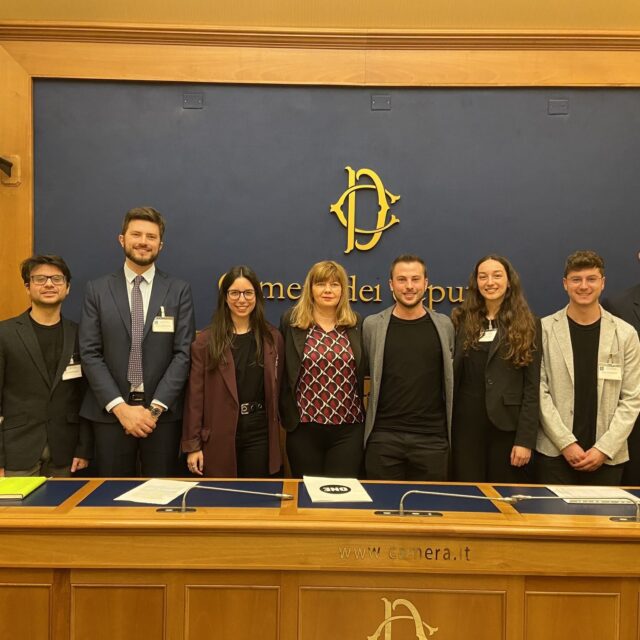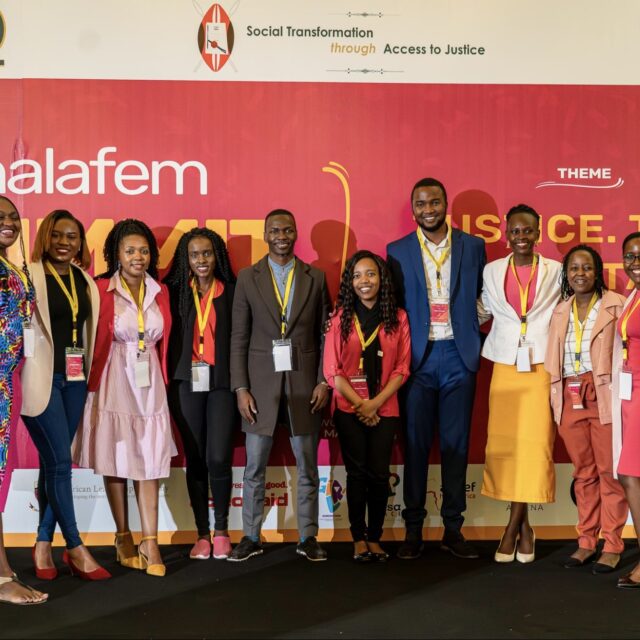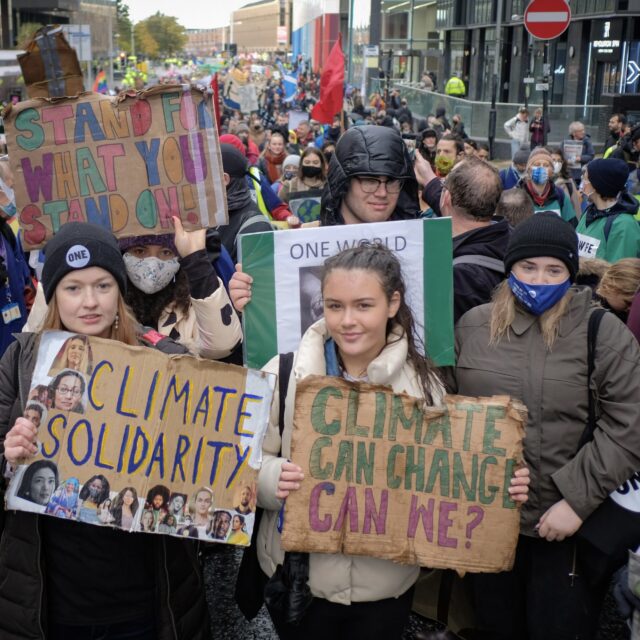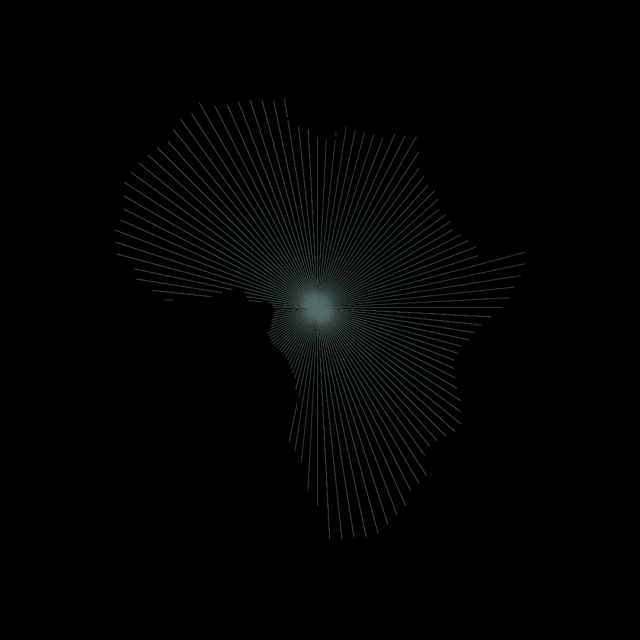Stella Pegoraro and Nicola Sangiorgi are ONE Activists from Italy.
We live in times when the word “crisis” has been used to define the countless difficulties of our times. From climate to migration, political crises to food insecurity, global health to energy crises – we live in a period of poly-crises. Yet, all of these are the results of solvable problems. Perhaps rather than crises, we should say that we are facing global challenges, which require global solutions.
But it seems as if we are far from overcoming these challenges. The year 2030 is considered a watershed moment – a year by which it’s necessary to achieve the 17 Sustainable Development Goals. If current trends are maintained, the situation by 2030 will be quite different than what we hoped it would be. Almost 7% of the global population will be living on less than $2.15 a day – that’s equivalent to 10 times the population of Italy.
The same goes for our planet. If current trends remain unchanged, CO2 emissions will rise by 10% compared to 2010. But these issues all share a common thread: we need a significant amount of money and action to tackle them.
Here’s a closer look at where we are globally when it comes to global development and the climate crisis.
Acting on global development
Addressing global development issues is possible through a better use of all the tools at our disposal. It’s granting every country the necessary resources to develop and provide local solutions to the challenges of our times.
One solution is by increasing Official Development Assistance (ODA) budgets. It’s keeping the promise Italy and the international community made in the 1970s: reaching a 0.7% ratio between ODAs and gross national income. Another solution is by using the already existing resources in a better way. This would involve unlocking up to a trillion dollars through a reform of Multilateral Development Banks, whose capital can be used in a more efficient manner.
Another solution is by redistributing the resources issued by the International Monetary Fund and Special Drawing Rights from high-income countries towards those that have a greater need for them. Italy has already redistributed 20% of its share, but in order to satisfy its commitment taken during the G20 presidency, this amount needs to be raised at least to 30%.
Another meaningful measure Italy could take would be the adoption of a tax on financial transactions that allocates 75% of its revenue toward global challenges, specifically climate change adaptation and global health financing. The solutions in global development clearly exist, it is simply time to put them into action.
The impacts of the climate crisis
Global development crises are happening at the same time the world is experiencing a climate crises. Italy has been hit hard and repeatedly by extreme, unforeseen, and disastrous climate-related events. These events leave us with no doubts: the climate emergency is here.This is a reality that links us all. Nobody is spared., But what distinguishes countries and communities from each other in this crises are their capacities to respond. Italy is able to invest in emergency funds in order to alleviate the affected population. But this isn’t always the case, especially for low-income countries..
The countries and people who contribute the least to worsening this climate crisis are the ones most severely impacted by it. To this day it is estimated that the 10 most affected countries by climate change are located in Africa, in regions where more than 150 million people live. Their economic situation, which is worsened by enormous debts and a shortage of liquidity, makes it difficult to finance policies of ecological transformation. There is a need for fundamental and urgent financing for the most vulnerable communities to adapt to the changes caused by the climate crisis.
Climate change represents an existential threat for people and the planet. This crisis is man-made, and it’s clear that our world needs change. It is time for citizens to demand that their governments and the private sector answer for their role in our environmental crisis, and act on urgent, concrete, and ambitious solutions. Being on the side of at-risk communities is a matter of justice.
The time to act is now
On 22-23 June, summit will be held in Paris for a new global financing pact, which will gather global leaders with the objective of creating new financing structures that will better respond to the development and climate needs of all countries. It is a truly great occasion to start addressing these issues, and we young people want to make sure our voices are heard during this time.
We often hear that listening to young people is a sheer electoral calculation. This is a mistake. We are young, it’s true, but we are also well prepared. We have new ideas and perspectives, and can help our institutional representatives thanks to our determination and energy. As young activists we believe in the importance of using our voice to demand the fulfillment of our representatives’ promises. We are fighting for a more equal and sustainable future. We want to be listened to and included in the discussions regarding our future.
The question here is not why it is important to act, but if we can afford not to. The time for doubts, stalling, and unkept promises is over. This is the moment to decide on our future. We need to take up the responsibility and duty of our actions, or lack thereof. Because while it’s true we are on the edge of disaster, it is also true that we have the opportunity to change course, saving our planet and everyone living on it. But we need concrete and urgent actions now before it’s too late.



